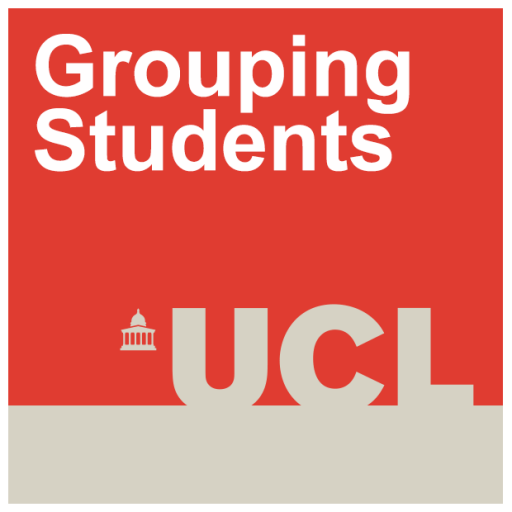‘The reality is complex’: teachers’ and school leaders’ accounts and justifications of grouping practices in the English key stage 2 classroom
By Becky Taylor, on 26 March 2019
Guest post by Dr Emma Towers
Our recent paper on primary school pupil grouping in key stage 2 investigates how prevalent attainment grouping is in English primary schools and what rationale teachers give for the grouping practices in their schools.
The findings from our mixed methods research project show that attainment grouping practices in primary schools are seldom straightforward. These findings come from over 200 responses to a survey sent to primary schools across England and from interview data with teachers and senior leaders in three case study schools. The survey results show that the dominant form of grouping in key stage 2 was by attainment, whether this be ‘within-class ability groups’, ‘ability sets’ or ‘streams’. ‘Within-class ability groups’ was the form of attainment grouping used most of all in the schools. When examining these different forms of attainment grouping the survey shows that these grouping practices occurred in the majority of cases in reading and mathematics. A lower percentage of schools adopted some form of attainment grouping in writing. The data from our survey show that practices vary across the four key stage 2 year groups and children are more often grouped by attainment as they get older.
The language used by participants to account for and justify their classroom grouping practices suggested a varied and sometimes complex picture. Many of the teachers and senior leaders emphasised the fact that they adopt ‘flexible’ and’ fluid practices’, although there appeared to be different understandings of what constitutes ‘fluid’ or ‘flexible’ grouping. Some of the data showed schools either committed to the idea of mixed attainment grouping or moving towards it, with those in favour articulating the benefits to the children in terms of their wellbeing and self-esteem as well as being mindful of avoiding a ‘fixed mindset’ approach to teaching and learning.
Crucially, we found that accountability concerns play a role in how learning is organised in the primary classroom. Grouping practices should be seen in a context of an ever-present focus on improving pupil performance, not just to provide the best educational experience for each child, but as a measurement against which judgments are made about how a school is competing. Responses indicate that primary schools are required to make regular changes to practice in response to recent policy initiatives such as the new curriculum, to assessment and changes to pedagogical practices.
The findings suggest that teachers and headteachers in primary schools are working hard to strike the right balance between their concern for the children in their care and the need to respond to the performative and accountability demands placed on them.
The full article can be read here (£):
https://www.tandfonline.com/doi/full/10.1080/03004279.2019.1569707
Towers, E., Taylor, B., Tereshchenko, A., & Mazenod, A. (2019). ‘The reality is complex’: teachers’ and school leaders’ accounts and justifications of grouping practices in the English key stage 2 classroom. Education 3-13, 1-15.
 Close
Close



